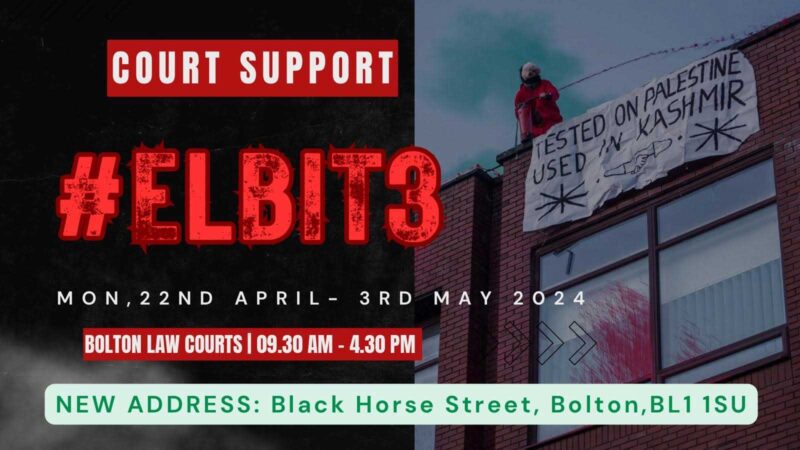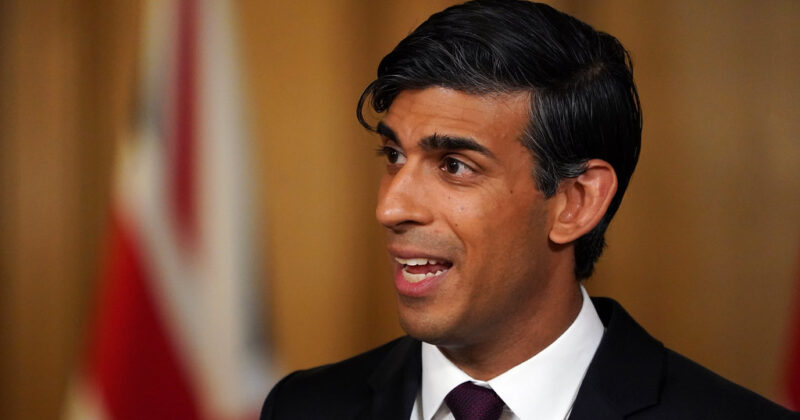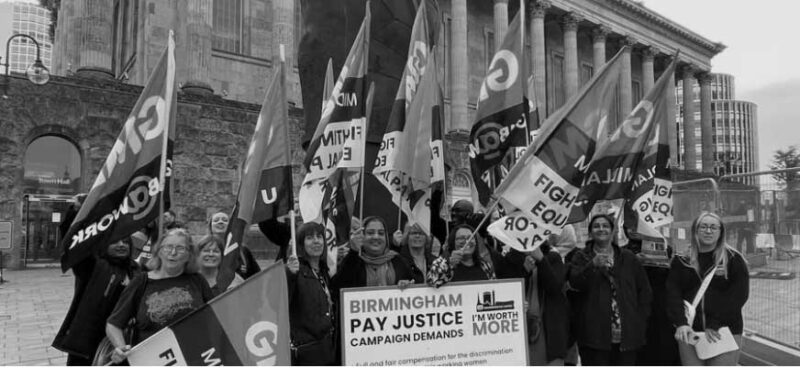Egypt: The threat of counter-revolution grows as Islamists make gains
 The magnificent Egyptian revolution is in danger of defeat, warns Dave Stockton
The magnificent Egyptian revolution is in danger of defeat, warns Dave Stockton
NOVEMBER HAS proved to be another crucial month for the Egyptian revolution. Once again hundreds of thousands packed Tahrir Square. Many more were mobilised in Alexandria, Suez, Mahalla al-Kubra and elsewhere. Once again bloody clashes left demonstrators dead, forcing the resignation of the Prime Minister and his cabinet.
But the demands of the demonstrators that Field Marshall Mohamed Hussein Tantawi resign and the Supreme Council of the Armed Forces (SCAF) immediately make way for a civilian “government of national salvation” were not conceded. Instead another military appointed government, under Kamal al-Ganzouri, was imposed.
Despite the huge mobilisations no tangible gains have been won.
Far more ominous are the results of the first stage of parliamentary elections. According to Al Jazeera, there were huge gains for the counter-revolution. The Freedom and Justice Party – the political front for Muslim Brotherhood – has apparently won around 40 per cent of the vote, while the Nour Party, a coalition of Salafist organisations, took about 25 per cent. The Egyptian Bloc – an alliance of liberals – seems to have gained 15 per cent. In another litmus test of counter-revolution, no women are reported to have won seats in this round.
Since the ousting of Hosni Mubarak in February it has become ever clearer that a democratic revolution which leaves power in the hands of the generals of the old regime has not achieved its decisive goal. Even if the military appointed government were to be replaced by an Islamist dominated one or even a “national salvation front” comprising the Brotherhood, the liberals and maybe a few token representatives of the youth organisations that led the Tahrir Square mobilisations, this would not alter the fact that the demands of the democratic revolution that matter most to workers, youth and women would be sidelined if not completely abandoned. The limited democratic freedoms in Egypt have existed solely due to mass mobilisations and strikes.
The recent struggles
The latest wave of revolutionary action on the streets began on the weekend of 19 November when demonstrators were brutally attacked by riot police after they tried to set up camp in Tahrir Square. Thousands more arrived and eventually retook and occupied the square against the full might of the police.
Similar events took place in Suez, Alexandria, Mansoura and Mahalla al-Kubra in the delta, and in the south of the country. Over thirty people were killed and hundreds injured in the fighting. Demonstrators wielded stones and Molotov cocktails against the plastic bullets, buckshot and live rounds of the police.
The repressive actions of the military and their blatant attempts to constitutionally entrench their power reignited the mass movement that made up the February revolution. More than 12,000 civilians have been dragged before military tribunals since the fall of Mubarak – more that the total who faced such tribunals during his entire 30-year dictatorship. Many are still languishing in prison camps.
A sinister development has been repeated attempts to foment religious hatred against Egypt’s Coptic Christian community. There are good reasons to believe the military – not just the Salafists – are behind this.
On 9 October, during a mass demonstration by Copts against the burning of a church in Upper Egypt, security forces – using heavy armoured personnel carriers – crushed several people to death. Live bullets were also used. In the end 25 demonstrators were dead and 300 injured. State-run television organised a pogrom in support claiming Copts had attacked the army. As a result gangs armed themselves with clubs and knives, beating up and even killing protesters.
Then at the beginning of November the government released draft proposals for the new constitution, which would guarantee a supervisory role for the military whatever the outcome of elections. The armed forces and its budget would be completely exempted from civilian control.
However this was an inept move by Tantawi. It sparked protests not only from the labour movement and the left but also alienated the Muslim Brotherhood. A full-blown military counter-revolution might rob them of the influence and power they hope to win by elections. The Muslim Brotherhood does not rule out close collaboration with the SCAF – indeed they have sought it since February – but they cannot afford to be seen as, let alone be mere puppets of Tantawi and co.
The reaction to the SCAF proposals was particularly strong from the Islamist youth movements – a number of which have been expelled from the MB for daring to demand more youth candidates on the lists. This radicalisation of the Islamist youth – including some of the Salafists – around democratic slogans represents a development the left needs to take advantage of. Not of course by adapting to their anti-democratic demands for religious law but by winning them to a united front in defence of democratic rights for all (including women, Christians, etc.) and for the interests of workers and peasants.
Working class action needed
On 29 November the Revolutionary Association of Textile Workers addressed a proposal to the Tahrir Square occupiers, proposing they elect popular revolutionary councils and committees as a counterweight to the elections. They clearly recognise the danger that the Muslim Brotherhood and the Nour Salafists will use their “democratic” mandate, acquired via the elections to isolate the revolutionary youth of the squares and the workers in the new trade unions.
But there is great danger in fetishising any one tactic in a revolution. In a different political conjuncture the same tactic can isolate the vanguard from the masses rather than fuse them together. Both Mubarak in February and Tantawi and the SCAF in November had little legitimacy in the eyes of the masses for preserving their grip on power. Therefore the courageous actions of the occupiers, their willingness to die for their cause won over the millions. Today the “legitimacy” of the elections (however fraudulent in some respects) show that the Islamists have mass support. The danger now is that they use it to unleash a crackdown on the left and on the militant vanguard of the workers.
To elect councils in the squares as a form of popular democracy can have a certain validity in high tides of mobilisation, especially if they can reach out and stimulate the creation of such bodies in the workplaces and popular quarters. But the failure to bring down Tantawi and SCAF at the end of November, and the fact that elections went forward have led numbers in the squares to dwindle to hundreds. To be true organs of mass struggle, let alone organs of power, councils will have to be rooted in the factories, in the poorest quarters of the cities, in the villages and barracks too if they are to outweigh a parliament or a constituent assembly. They will have to be created, as part of a mass movement for the social and economic demands, as well as for democratic demands.
This necessitates the working class launching a wave of strikes for such demands – creating the basis for an all-out general strike when the critical hour arrives. The 1.4 million strong Egyptian Federation of Independent Trade Unions called on workers to join the protests in Tahrir Square in November. But many workers are still in the official unions or none. Union and revolutionary youth activists need to go to every major workplace, calling on workers to hold mass meetings, formulate their demands organise demonstrations and elect factory councils.
Clearly this is just what the generals fear. In November a member of the SCAF, General Mohsen el-Fangari, said on the popular al-Hayat TV channel: “What is the point of this strike, of the million marches? … The aim of what is going on is to shake the backbone of the state, which is the armed forces.”
Yes indeed: the aim must be to break the backbone of the dictatorship before it can break the back of the revolution. But this can only be done by winning over the rank and file soldiers so that, alongside the workers and peasants, they can democratically share in shaping a new Egypt and helping spread the revolution to the many remaining dictatorships.
A “second revolution” must call for a thoroughgoing clear-out – of not only the Field Marshall, his generals, a purging of the officer corp and police, but for the election of all officers by rank and file soldiers, for the election of recallable delegates to a sovereign constituent assembly, for satisfying the most burning economic and social needs of the working population.
A general strike, one growing into a mass popular insurrection, also requires the creation of the type of organisation that has historically proved capable of this: workers’, soldiers’ and farmers’ councils. It requires a mass workers’ and youth defence organisation.
Indeed only when the great mass of ordinary Egyptians experience the revolution as the means to solve their burning economic and social needs, as well as their political representation, will the revolution be truly unstoppable.
The revolutionary vanguard forces have to build this up into a programme for making the revolution permanent – ongoing – until the workers and poor themselves take power into their own hands. Only then will the revolution be safe from all sorts of counterrevolution: Liberal capitalist, Islamist or a restored military dictatorship.






